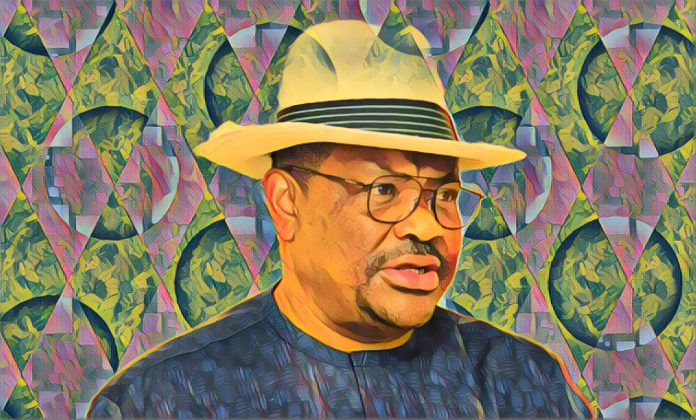Minister Nyesom Wike decisively declared an end to open grazing to restore Abuja’s image as the Federal Capital Territory (FCT). Previous efforts to elevate Abuja’s global reputation faced challenges, especially from open grazing, which littered the city with animal waste. This new decision highlights health and sanitation concerns.
According to a report by the Daily Post, Dino Melaye, the former Chairman of the Senate Committee on FCT, earlier pressed for an end to animal movement in the FCT. Specifically, Melaye asked FCT Minister Alhaji Mohammed Bello to take action against wandering cattle.
Shortly after his inauguration, Wike stated that herdsmen could relocate their cattle outside the city, but urban grazing would be prohibited. This decision has potential implications for the herdsmen’s livelihood. Historically, similar bans on motorcycles (Okada), street vending, and shop demolitions faced criticisms for not offering enough alternatives to those affected.
Wike said, “We’ll work with herdsmen to stop open grazing. The grass in the city exists for aesthetics, not grazing.”
Baba Othman Ngelzarma, National President of Miyetti Allah Cattle Breeders Association of Nigeria (MACBAN), anticipates discussions with Minister Wike. Ngelzarma pointed to earlier talks about restricting cattle movement to the fringes of Abuja and mentioned the current undeveloped grazing reserves.
However, Saleh Alhassan Kubah from Miyetti Allah Kautal Hore argued that livestock grazing remains essential to Northern culture. He advised Minister Wike to focus more on urban development than on the livestock issue.
Hajiya Umma Abubakar, Director of Animal Husbandry Services in the FCT’s Agricultural and Rural Development, outlined the current efforts to establish zones for herders. The plans involve transforming the four grazing reserves in Abuja into economic hubs, supported by the Special Agricultural Processing Zone Project, jointly funded by the African Development Bank (AfDB) and Islamic Development Bank (IsDB).



